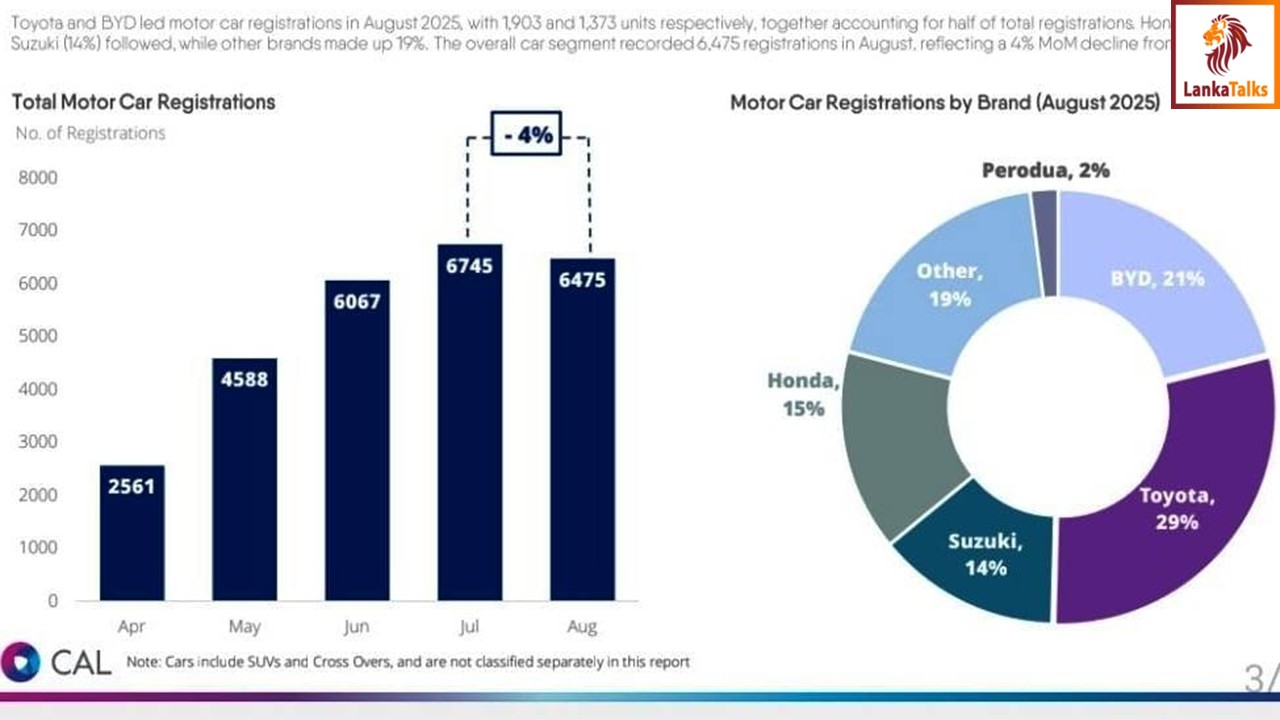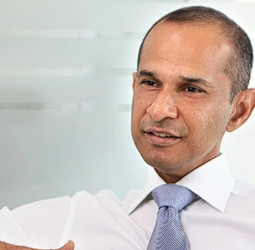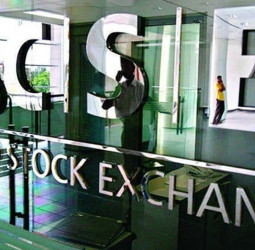As the world dashes towards electric vehicles (EVs), following the global transition towards zero-emission vehicles, the Sri Lankan market is still entangled in a bureaucratic red tape on brand new EV imports. Is Sri Lanka lost in its path towards a greener, efficient business model? Of the brand-new vehicle registrations in Sri Lanka as recorded recently, EVs hold 15% of the total market, according to leading market research. In the first half of 2024, the global electric vehicle market exceeded 7 million units. This comprised 17 percent of the global sales of light-duty vehicles. According to the International Council on Clean Transportation (ICCT) – a Washington-headquartered global think tank – China, Europe, The United States and India have collectively represented 86% of the global electric vehicle (EV) market in 2024 H1. ICCT in a 2024 review stated: “Domestic vehicle producers, such as VinFast in Vietnam and Togg in Türkiye, dominated EV sales, meanwhile a mix of legacy automakers and newcomers such as BYD dominated sales in other markets. BEVs also dominated sales in these markets, comprising 83% of EV sales in 2024 H1.”
Despite the global trend Sri Lankan reception of EVs has been poor. Above all factors, Sri Lanka’s hybrid and EV market suffers heavy import restrictions, blocking the growth of the sector as well as limiting the sustainable future the country is expected to reach. EVs were first introduced to Sri Lanka in 2013. The tax structures for EV imports remained the usual system practiced for the Internal Combustion Engine (ICE) vehicles despite the technological difference of the two segments of automobiles. EVs continued to be taxed on motor capacity according to the guidelines imposed by Sri Lanka Customs. The ban on all vehicle imports in Sri Lanka, imposed in early 2020 and lifted by the Government with effect from 1 February 2025, further shrunk the emerging EV and hybrid vehicle market. Even though the high taxation on EV and hybrid imports was criticised, the taxing system adopted was not prominently taken for broad discussion by experts or policy decisionmakers until a BYD Atto 3 vehicle fleet encountered the problem being held up in Customs due to a ambiguous situation in import clearing criteria. Even though the authorities agreed to certain conditions and released a part of the vehicle fleet a little over a month ago, the issue still persists, and the system seems to be desperately needing deep review. The matter was an eye-opener for the decisionmakers to head towards restructuring the overall vehicle import regulatory system to suit the vehicles being imported.
Sustainable transportation refers to mobility systems that encourage minimising greenhouse gas emissions as well as providing efficient and affordable transport systems to the public. Apart from walking, cycling and using public transport, EVs stand out in providing sustainable transport at personal and public level. Adhering to sustainable development goals, Sri Lanka is committed to Nationally-determined Contributions (NDCs) to reduce greenhouse gas emissions by 14.5 percent by 2030 and expects to achieve Carbon Neutrality by 2050. In such a backdrop, as the world continues to opt for greener, sustainable transport solutions, Sri Lanka needs to change the gears and accelerate on the uphill drive. The change requires a multi-sector approach. Considering the EVs and its functioning, the motor, motor controller and drive train work together for the output and therefore the existing regulatory criteria seems unfair, above all, inapplicable. The standard practice in Customs clearances in Sri Lanka for vehicle imports is to use the Manufacturer’s Certificate, even though this has not been the criteria followed in reference to the concerned BYD vehicle fleet.
In countries like Singapore and Vietnam, a similar criterion can be observed where a letter of origin confirming the manufacturing origin or a letter from the manufacturer is required when clearing imported vehicles, as a general condition. This begs the question if the technical committee appointed by the Sri Lanka Customs to assess the motor capacity of the BYD vehicle fleet, be able to determine a technically accurate system to determine the motor capacity over and above what is stated on the manufacturer certificate. In Sri Lanka, if the vehicle importation criteria was amended according to the technical and market trends and the future global vehicle market, it would have better served the government, entrepreneur and the customer alike. Sri Lanka has several bitter experiences in establishing policies after crises in certain sectors. Let it not be the scenario for vehicle imports as it is serving Sri Lankan transportation – a fundamental fact in national development. Let there be a system that fairly applies to all categories of vehicle importation. If fraud is practiced, let there be a criteria that inquires, questions, seeks clarifications on equal terms from all in the sector. Let us remember that sustainable, affordable transportation is a major factor that drives the nation towards its blooming future



 A.R.B.J Rajapaksha
A.R.B.J Rajapaksha



